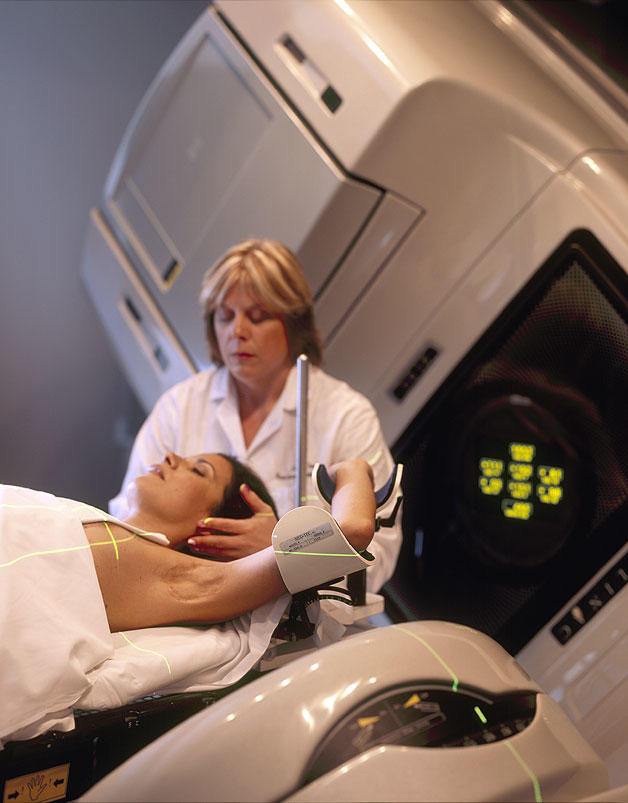Novel Potential Risk Factors Identified for Treatment-Related Thoracic Soft-Tissue Sarcomas
, by Jennifer Loukissas, M.P.P.
Lene Veiga, Ph.D., staff scientist, Amy Berrington de González, D.Phil, senior investigator, both in the Radiation Epidemiology Branch, and the Kaiser Breast Cancer Survivor study team explored the risk of thoracic soft tissue sarcomas among breast cancer survivors in two cohorts of patients from Kaiser Permanente and from the Surveillance, Epidemiology, and End Results (SEER) 13 cancer registry. They report elevated risks for thoracic angiosarcoma among patients who received radiotherapy, had breast-conserving surgery, and had a history of hypertension or diabetes at the time of their breast cancer diagnosis. Their findings were published October 11, 2022, in the journal The Lancet Oncology.
While treatment for primary breast cancer has improved dramatically in the last decades, survivors of breast cancer who received radiotherapy have an increased risk of developing angiosarcoma, a rare, but highly fatal disease. This study explored additional factors that may influence the risk for angiosarcoma. In both study populations, the researchers observed that radiotherapy after breast-conserving surgery was the strongest risk factor for thoracic angiosarcoma with a likely role of anthracycline chemotherapy. They also report—for the first time—a five-fold increased risk for patients with a history of diabetes and hypertension at the time of cancer diagnosis. This novel finding requires follow-up but may reveal opportunities for prevention.
Reference
Veiga, L HS. et al. Treatment-related thoracic soft tissue sarcomas in US breast cancer survivors: A retrospective cohort study. The Lancet Oncology. 2022.
